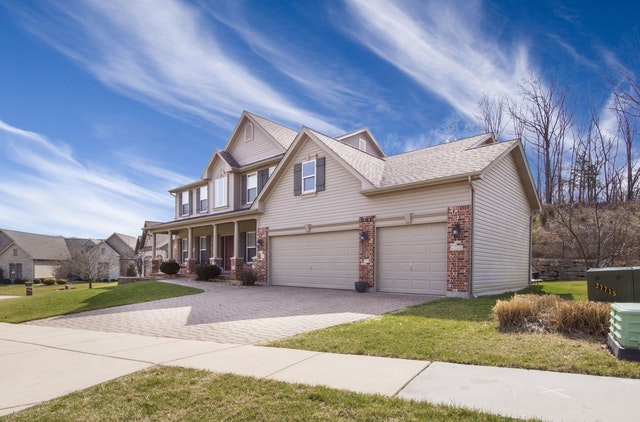 This summer, quality homes are being scooped up almost as fast as they’re being listed – and for top price. Yes, it’s a seller’s market out there, which is great news if you’re planning to list your home. For those looking for a home, the competitiveness can be frustrating and aggravating.
This summer, quality homes are being scooped up almost as fast as they’re being listed – and for top price. Yes, it’s a seller’s market out there, which is great news if you’re planning to list your home. For those looking for a home, the competitiveness can be frustrating and aggravating.
Frustrating as it may be, there’s plenty of reason for buyers to stick it out until their offer is accepted. For starters, interest rates are still fairly low. And secondly, there are great homes out there if you act fast enough.
How can you successfully get that dream home in a seller’s market? Here are some top tips:
Stay Dedicated
Make sure that you and your Realtor are on the same page with your must-haves for your new home. Then, make sure you check for new listings daily. If any look good, make an appointment to see it that day. Don’t wait, or it will likely be gone. It can be tempting to make an offer based on listing photos alone, but be very wary of doing this. Go out and see it – and do it quickly.
Start With Your Best Offer
With some good properties gone in a matter of hours, this is no time to nickle and dime a seller. What’s more is that the seller will be unlikely to even entertain the offer and counter it. The best practice in competitive times is to start with your very best offer on the property and give the seller something to seriously consider. Chances are your offer isn’t the only one they’ll be receiving. You want it to make an impression.
Include A Personal Note
Even though they’re essentially getting rid of their property, sellers often like to work with a buyer who is going to appreciate and care for the home they’re purchasing. That’s where a personal note included with your offer to the seller can come in handy. In your note, talk about the things you love about the home and how you know it will be the perfect fit for you and your family. You can even up the ante and include a family photo.
Make A Significant Earnest Money Deposit
Generally speaking, the larger your earnest money deposit, the more serious of a buyer you are. In a seller’s market, you will want to look for any competitive advantage over the others that are likely to make an offer on a particular property. A big deposit can serve as that advantage.
Stay Patient
Like we said in the opening, a seller’s market can be frustrating for buyers – so try to stay patient. The right home is out there for you, and good things come to those who wait.
Contact your trusted mortgage professional to get your pre-approval today.
 If you’re moving to a new city with children, one of your likely considerations is finding a family-friendly community where you can settle in and call home.
If you’re moving to a new city with children, one of your likely considerations is finding a family-friendly community where you can settle in and call home.